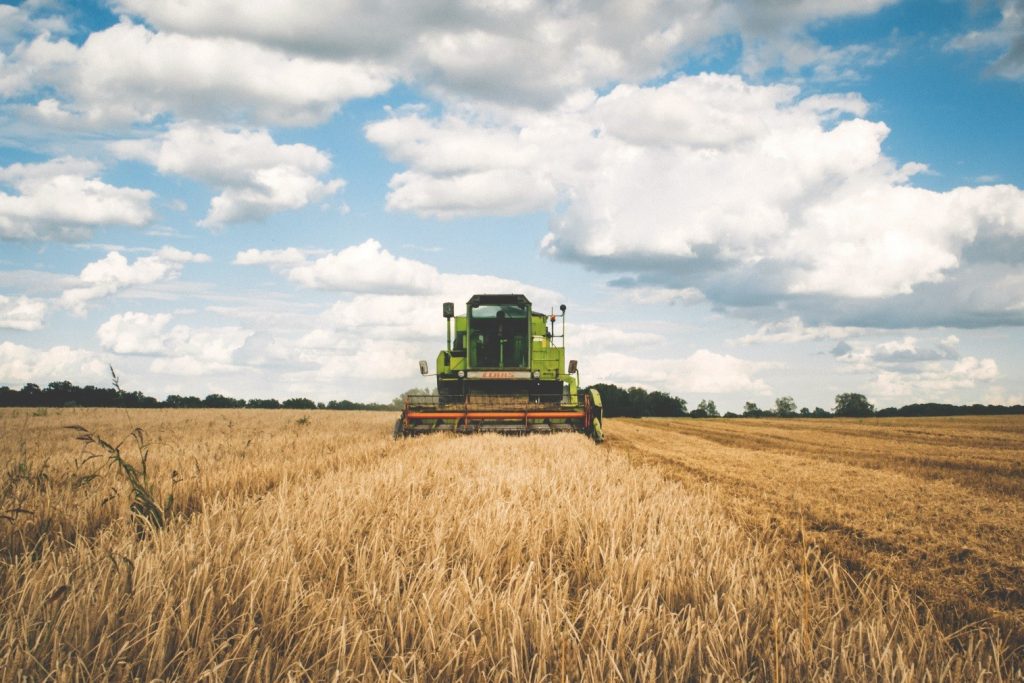On 11 January, the UK Government published its long-awaited, 25-Year Environment Plan (‘the Plan’). The Plan outlines ten goals for improving the environment using a “natural capital” approach: placing a value on the goods that nature provides for free, such as clean water supply and green spaces. Some of the areas covered will affect the whole of the UK. However, the Plan does make clear that it only applies to England for areas under devolved competency. Questions then lie in what the consequences of the Plan will be for Wales, especially in light of Brexit, and how the Welsh Government strategy compares.
The Brexit factor
One important question for Wales is how EU law will be brought into force in the UK following Brexit. This issue is especially acute in environmental and agricultural policy areas in which a large proportion of the legislation is EU-derived. Whilst it is still uncertain as to where the powers will lie, Welsh stakeholders will be interested to see the content of the Plan to understand the direction of the UK Government, especially with the UK Agriculture and Fisheries Bills on the horizon.
It is expected that UK common regulatory frameworks will be established in certain areas, such as agriculture, to comply with the requirements of future UK trade deals. Hence understanding the UK Government’s trajectory can help to shed light on what these frameworks might look like. 
Key topics affecting Wales
Agriculture is a particularly important area. In Wales it is accountable for 80% of the land area and employs 58,300 people. The Plan affirms that the Command Paper for the anticipated UK Agriculture Bill is due in spring 2018. The Plan also indicates what that Bill may include:
Leaving the Common Agricultural Policy (CAP) means we can do much more for our environment. After a period of stability to ensure a smooth transition, we will move to a system of paying farmers public money for public goods. The principal public good we want to invest in is environmental enhancement.
This suggests a shift away from Pillar 1 of CAP, which provides payment based on the amount of land owned, towards an outcome based approach. The Plan also outlines the UK Government’s ambition to continue EU regulations with regards to the ban on neonicotinoid pesticides.
Fisheries is another important area included in the Plan. It states that the guiding principle for future fishing quotas will be “maximum sustainable yield”. What this exactly entails is unknown ahead of the anticipated UK Fisheries Bill, but any changes to fishing quotas for the UK are expected to have implications for the Welsh fishing industry.
Elsewhere, the Plan promises a consultation on an environmental watchdog in 2018. Previous government statements have indicated that this new body may be UK wide, although this is a topic to be decided from the consultation. While the precise details of how the watchdog would operate are unknown, it will need to fill the hole left by the current role played by the European Commission and hold the UK Government to account.
Welsh legislation leading the way?
Some of the proposals outlined are already in place in Wales, thanks to the Environment (Wales) Act 2016. The plan will bring England into line with Wales and Scotland by charging 5p on plastic carrier bags for all retailers. It promises to reduce food waste that goes to landfill, but falls short of the measures in Wales which compel all local authorities to collect food waste. On afforestation, the Plan promises 180,000 new hectares of trees by 2042, compared to 100,000 hectares that the Welsh Government aims to plant by the same year.
In contrast there are areas where the Plan brings forward ideas that have not yet been proposed for Wales. These include a net environmental gain principle for housing and infrastructure planning. The Plan also proposes eliminating all avoidable plastic waste by 2042, as well as matching the Welsh Government’s target for zero waste by 2050. Some of the UK Government’s proposals may well be brought into action in Wales in due course, particularly on plastic waste with the upcoming Towards Zero Waste review in July 2018.
The Welsh Government has been consulted on the Plan but has not made an official statement. Lesley Griffiths, Cabinet Secretary for Energy, Planning and Rural Affairs, spoke on the matter to the Climate Change, Environment and Rural Affairs Committee on 22 November 2017:
One of the things that has been shared with us, although there wasn't a huge amount of detail in it, was the 25-year environment plan that the UK Government has brought forward, which is obviously mainly about England, but we have been asked, as devolved administrations, to bring forward our views.
Stakeholder responses
The National Farmers’ Union for England and Wales Chairman, Meurig Raymond, commented:
Michael Gove spoke about the importance of delivering benefits for the environment, something that farmers already advocate and perform highly on. Mr Gove was absolutely right to recognise the vital contribution that uplands farmers have in maintaining their iconic landscape.
The World Wildlife Federation (WWF) responded with:
The plan is a strong start, and it's good to see the government putting the environment firmly on the agenda. But, we need to see them going further and faster. If we wait until 2042 to end plastic waste, as the plan suggests, there will be more plastic than fish in the sea. We want to see a ban on single-use plastic by 2025, and more urgent action on dirty air, climate change and protecting our precious natural heritage.
From these and other comments it seems that the plan has been broadly welcomed, although environmental groups have generally viewed it as somewhat insufficient. Stakeholders are keen to see the detail strengthened through the upcoming legislation.
The Research Service acknowledges the parliamentary fellowship provided to Robert Abernethy by the Engineering and Physical Sciences Research Council (EPSRC), which enabled this blog to be completed.
Article by Robert Abernethy and Katy Orford, National Assembly for Wales Research Service




